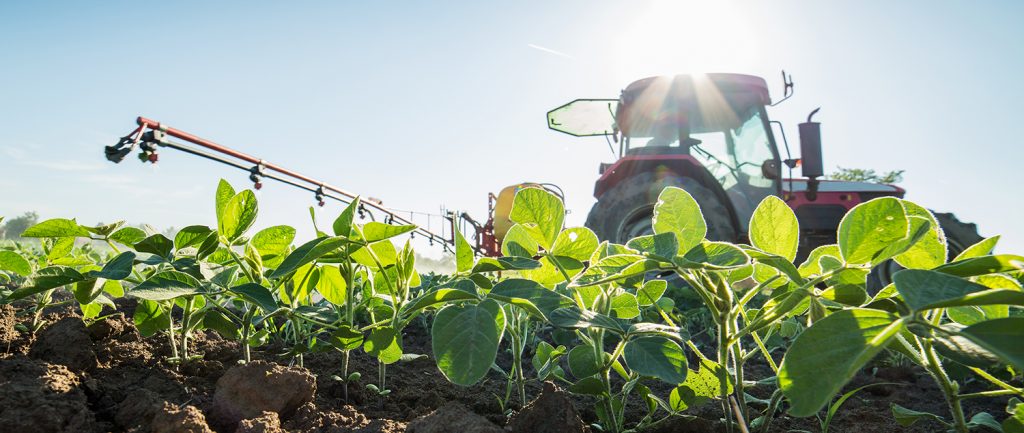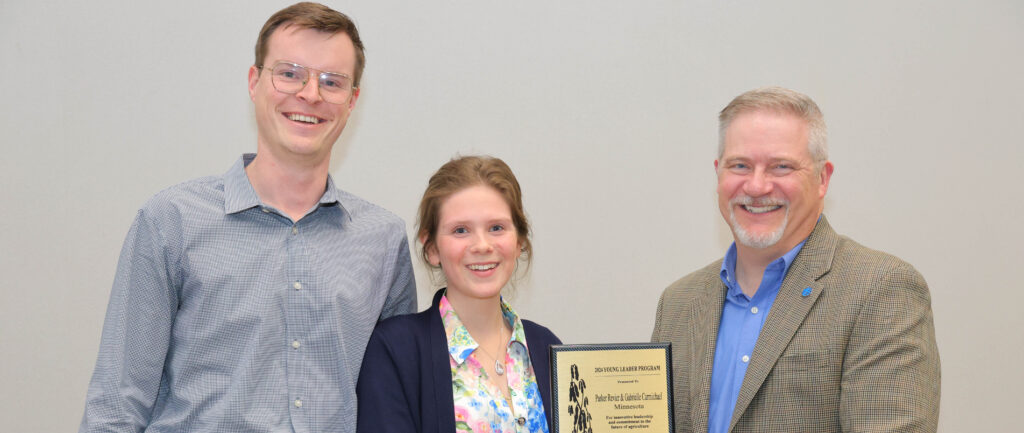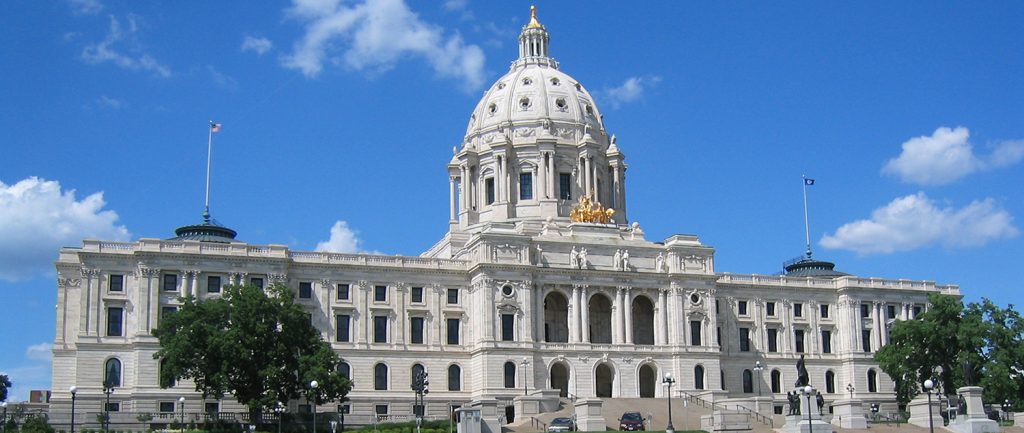Despite improving relations between the U.S. and Cuba, a trade embargo still remains, limiting the amount of trade that can take place between the two countries. Restrictions aside, that isn’t stopping industries in the U.S. from discussing potential trade opportunities.
As part of that discussion, Minnesota Soybean Research & Promotion Council (MSR&PC) Director Paul Simonsen of Fairfax, Minn., will join more than 100 representatives in Washington, D.C. for a White House Business Council meeting. Joining Simonsen for the May 25 meeting will be Minnesota Turkey Growers Association Executive Director Steve Olson.
“There is potential for the U.S., because soy is the second largest import into Cuba,” Simonsen says. “But we’ve lost a good share in the last couple of years to South America.”
Even with the embargo in place, the U.S. is Cuba’s fifth largest trading partner, a position it has held since 2007, helped in large part by the decision of former U.S. President George W. Bush to authorize the sale of agricultural products to Cuba in 2003.
According to the United States Department of Agriculture, poultry and soybean meal account for nearly 75 percent of all U.S. agricultural exports to Cuba, up from just 25 percent a decade ago. Soybeans and corn, valued at nearly $30 million each, and feeds and fodders (including dried distillers grains), valued at $14 million, rounded out the top five agricultural export categories. Taken together, these five categories comprised 98 percent of U.S. agricultural exports to Cuba in fiscal year 2014.
Simonsen recently toured Cuba with Minnesota Department of Agriculture officials and other Minnesota business representatives in December. He said lifting the trade embargo is a “political hot potato.”
With 2016 being an election year, it’s uncertain whether Congress will have the appetite to take on that issue until after the elections. Lifting the embargo won’t mean instant results, but it would open the door for more U.S. ag trade.
“It’s going to happen sometime,” Simonsen says. “From an agricultural standpoint, I’d like to see it happen sooner rather than later.”
As for next week’s meeting at the White House, Simonsen said he is still gathering all the details but said 130-150 representatives from various business sectors with take part in White House Business Council meeting, including agriculture, energy, hospitality and communications.
Simonsen says there likely will be opportunities for soybean oil and specialty soybeans in Cuba. He also notes that Minnesota’s turkey industry, which is top in the nation and a large consumer of soybean meal, could benefit from increased trade relations with Cuba.




